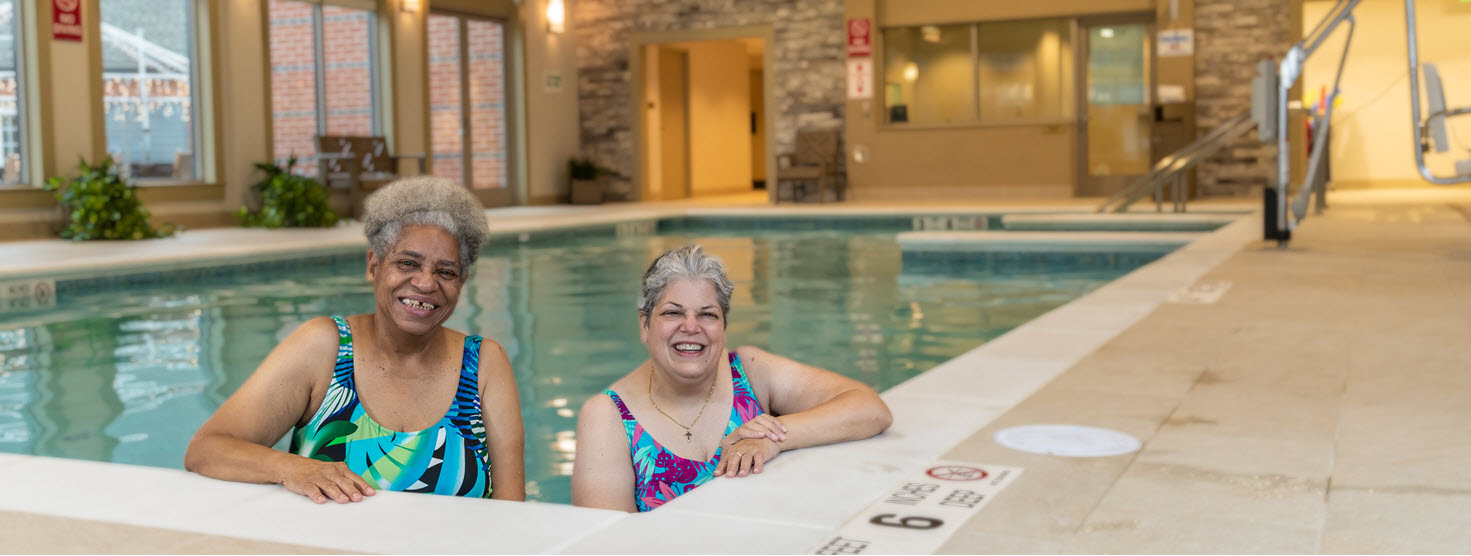Brain Fitness – Five Steps to a Happier, Healthier Brain
Let’s all take a moment to consider the incredible vessel we’re in—the human body. And the most amazing part of our body is the brain. It’s a storage facility for a lifetime of memories, it comes up with creative ways to express thoughts and emotions, and coordinates movements from skiing a slalom course to peeling an apple.
Aging can impact our brain health; however, seniors aren’t powerless against age-related changes in cognitive decline. So, it’s no surprise that dementia prevention and supporting healthy brain function is a top priority for adults of all ages – especially seniors.
Here are 5 keys for keeping your brain happy and healthy:
Seek novel experiences. By the time we reach retirement age our brains have mastered many tasks. Now’s the time to challenge the status quo by adding randomness and surprise — the unpredictable element that challenges your brain. New hobbies activate new areas of the brain. Change your routines, take a new route to the grocery store, use a map instead of GPS, take music lessons or learn a new language. The goal is not to become a pro but to have fun and learn!
Nurture with nature. Forest bathing may sound strange, but it’s just about being mindful in nature – a practice that helps your brain de-stress, refocus, and revitalize. Taking a walk in the woods or a park immerses you in the sights, sounds and smells of nature. Human beings respond to the natural world in an instinctual, appreciative way. There’s an added benefit to your brain from a cognitive standpoint, too. Feeling the breeze or a gust of wind, the instability of a grassy surface, and the reflexive avoidance of a puddle require the brain and body to work together to navigate a changing environment.
Be Social. Spending time talking, laughing, and empathizing with others is like doing exercises for your brain. Socialization can even help prevent mental decline and lower the risk of dementia. A 2017 study published by researchers at the Cognitive Neurology and Alzheimer’s Disease Center of Northwestern University found that individuals 80 and above with the mental agility of 50-year-olds all had one factor in common: A close-knit group of friends.
Keep Moving. Experts agree that aerobic exercise has the greatest rewards in helping your brain stay young. But when your brain and body work simultaneously, the benefits are exponential. Climbing a rock wall, for example, creates a strong mind-body connection because you must focus on the task at hand; you can’t just treadmill away. The longer you climb, the more your brain zeroes in on the physical movements, the problem-solving, and the exertion. My parents said it. Maybe yours did, too. If it doesn’t challenge you, it doesn’t change you.
Eat Well. To keep the arteries in your heart and your brain from getting stiff and clogged with fat, eat plenty of fruits, veggies, leafy greens, and whole grains. Stick with healthy fats such as those in nuts, avocados, and olive oil. Include plenty of lean protein and fiber to round things out. Try to fill half your plate at each meal with fruits and vegetables. They are full of antioxidants and supply important nutrients. Avoid white flour. Losing those extra pounds helps too. Studies show maintaining a healthy weight equals a better chance at a healthy brain.
When it comes to aging, many fear losing brain function. But experts say maintaining cognitive ability is achievable and not simply a matter of genetics. A lot has to do with how you live, what you eat, and how social you remain.
Reference: Trends in Cognitive Sciences/Memory Aging and Brain Maintenance (April 30, 2012)




